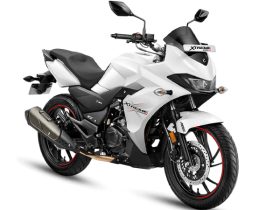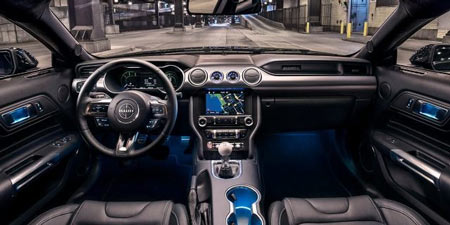It’s safe to say that the electric vehicle industry has been making significant progress over the past few years. In 2017, figures showed that new registrations had hit a record high and these figures are expected to rise yet again in 2018. With the British government recently announcing plans to ban the sale of petrol and diesel vehicles from the UK’s roads by 2040, a large number of people have been trading in their used cars in favour of eco-friendly alternatives. In addition, new developments in EV technology have meant that many of the issues that initially affected electric car owners have been worked around or improved. So, with the industry changing at a rapid pace, how will car manufacturers adapt in order to keep up with the increasing demand for electric vehicles?
The impact of EV’s on the automotive industry
As consumer needs change, automotive manufacturers must adapt to ensure that they are meeting expectations. Jaguar and Land Rover are late comers to the electric vehicle market, only recently introducing their first all-electric vehicle, the Jaguar I-Pace concept. But that hasn’t stopped them from pulling out all the stops to catch up, by announcing that they plan to be all electric by 2020 – a big step into the EV industry for new comers. This news followed Volvo’s pledge to do the same but by 2019. The prestige brand promises that all new models produced and registered from 2020 will be fully electric or hybrid – and that their customers will have more choice moving forward.
To keep up with the demand for electric vehicles car manufacturers will need to increase production. It was recently announced that Jaguar Land Rover will construct a new manufacturing plant for electric cars in the UK. The new plant would be similar to the Nissan factory in Sunderland and would increase the production of new electric vehicles. Whilst it is not confirmed, the plan is a big step towards the brand committing to their EV plan.
Other manufactures have followed suit, with Nissan taking steps to improve their existing electric models. The company has already sold thousands of models and is the brains behind the second most popular electric model in retail, and the bestselling all electric model in the UK, the Nissan Leaf – with over 30,500 units sold in the UK, and over 300,000 units worldwide. And with the launch of its newest model, could the Leaf take the top spot? The new model has a battery mileage range that is double the range of its previous models. An issue that was apparent for all manufacturers, not just Nissan.
Over the past few years, the company has focused heavily on improving their current range. The 2011 Nissan Leaf had a range of just 75 miles, but progress in the industry has since taken huge leaps towards its new 235 mile range – progress that could be intrinsic to the future success of the model, and for the industry. Additionally, they also fitted the first one pedal driving system – an optional system that allows you to transform the accelerator into an e-pedal to function as a start, stop, accelerate and brake pedal.
The automotive industry has been completely transformed by the introduction of electric vehicles. Drivers have realised the harmful effects of their petrol and diesel automobiles, and the government’s plans are underway. To survive the transition, now is the time to come up with an electric vehicle plan. For automotive manufacturers, they need to get their head in the EV game to survive the market.













Leave a Reply